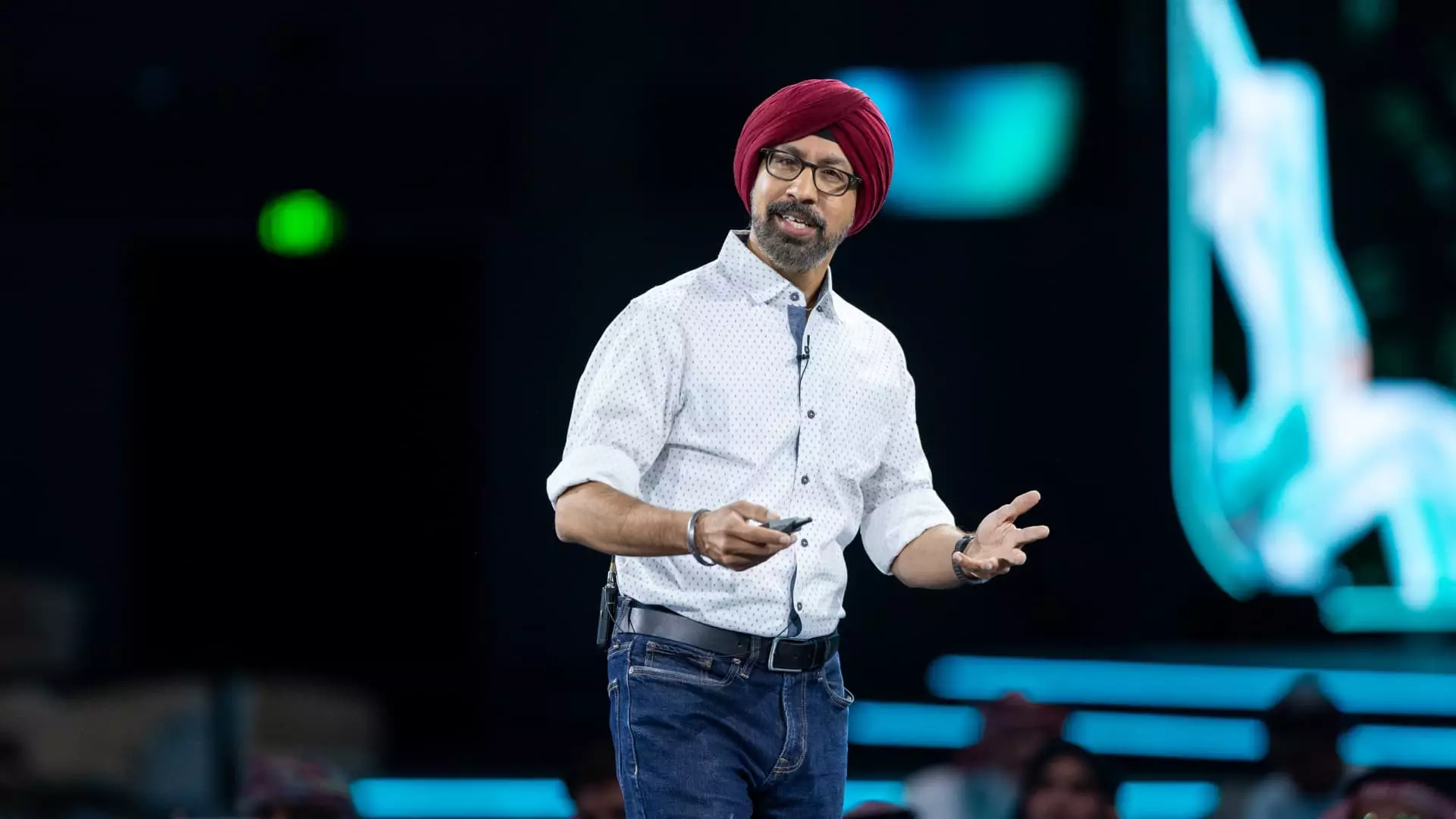In the rapidly evolving landscape of healthcare technology, artificial intelligence (AI) continues to reshape the way medical professionals interact with their patients and manage clinical tasks. One notable development is the new partnership between healthcare AI startup Suki and Google Cloud, aimed at enhancing patient care capabilities beyond traditional clinical documentation. This collaboration invites scrutiny at multiple levels, from the implications of AI in healthcare to the ethical dimensions this transformation entails.
Suki, recognized for its innovative product, the Suki Assistant, has primarily focused on helping physicians streamline their documentation processes by automatically converting patient visits into clinical notes. However, with the integration of Google Cloud’s Vertex AI platform, Suki is evolving its scope to include patient summaries and interactive Q&A features. This shift signifies a pivotal moment for the seven-year-old company, which is now poised to become a comprehensive assistant for healthcare providers. As founder and CEO Punit Soni articulated, the vision has always encompassed more than just a clinical documentation tool; it aims to provide holistic assistance in patient care.
By enabling doctors to ask targeted questions and quickly retrieve relevant medical histories, Suki’s new features can drastically reduce the time spent on administrative tasks—potentially saving healthcare providers between 15 to 30 minutes per patient encounter. This hyper-efficiency could alleviate a portion of the rampant administrative burden faced by clinicians, one of the key drivers behind healthcare worker burnout in the U.S. Suki’s promise thus appears not just as a convenience but as a necessary intervention within an overloaded healthcare system.
The introduction of the patient summary feature allows healthcare professionals to access key patient information with a single click, retrieving basic details such as age, chronic conditions, and past medical histories. This ease of access can foster a more informed and quicker decision-making process. The ability to quickly reference a patient’s comprehensive data is particularly crucial in fast-paced and high-stakes medical environments where every second counts.
Moreover, Suki’s Q&A feature, which allows clinicians to enter specific queries about patient data, adds yet another layer of interactivity. This feature empowers doctors to delve deeper into patient records without the cumbersome navigation typically associated with electronic health record (EHR) systems. For instance, asking about a patient’s recent A1C levels or vaccination history is made simpler and quicker, thereby enhancing the overall efficiency of clinical practices.
As technology continues to take center stage in healthcare, one can’t help but question the changing role of the physician. Are they transitioning from knowledgeable practitioners to operators of advanced technological systems? This scenario raises ethical considerations regarding the doctor-patient relationship and the reliance on AI for critical decision-making processes.
Notably, Suki’s new features will not come with an additional financial burden for customers, which positions the company as a competitive player in the healthcare technology space. As it currently serves around 350 health systems and clinics across the United States, the future expansion of its user base could lead to significant market penetration in a landscape cluttered with similar solutions.
With industry stressors such as rising burnout rates among healthcare workers, Suki’s offerings are timely. They not only address a crucial pain point in everyday medical practice but might also attract the attention of healthcare executives who are eager for sustainable solutions. The partnership with Google Cloud signals a strategic investment aimed at meeting burgeoning market demands, yet it also emphasizes the need for responsible deployment to ensure patient data is handled ethically and securely.
Suki’s collaboration with Google Cloud marks a significant step toward a future where AI plays an integral role in healthcare beyond mere documentation. While the technology promises efficiency and enhanced patient care, it also compels stakeholders to remain vigilant about the ethical implications. As Suki continues to innovate, the healthcare industry must navigate the complexities of integrating AI tools while safeguarding the core values of medical practice. The horizon for AI’s role in patient care is undoubtedly expansive, but with that potential comes the responsibility to ensure that technology serves both healthcare professionals and patients effectively.

